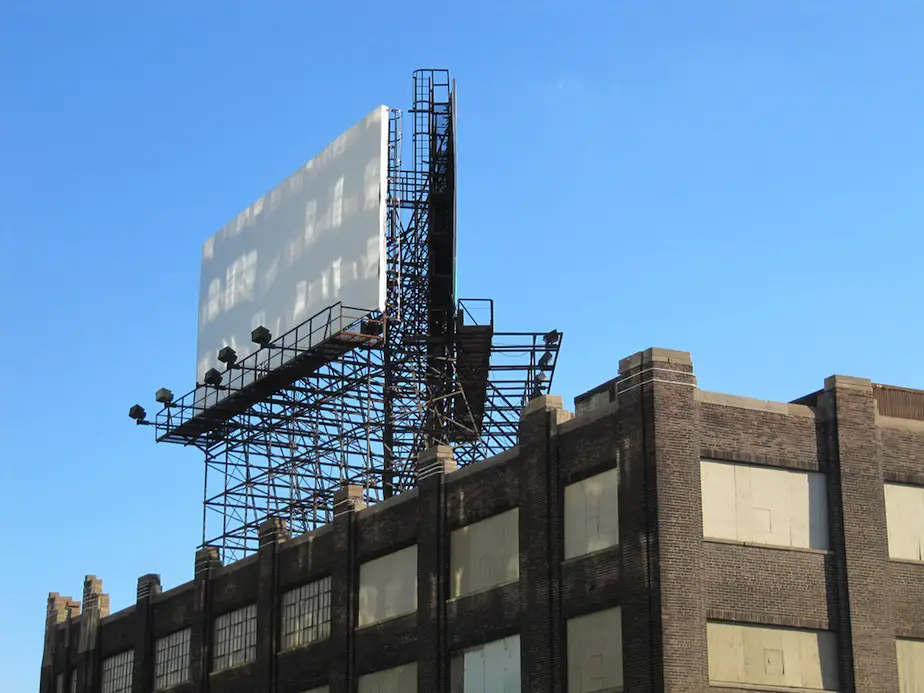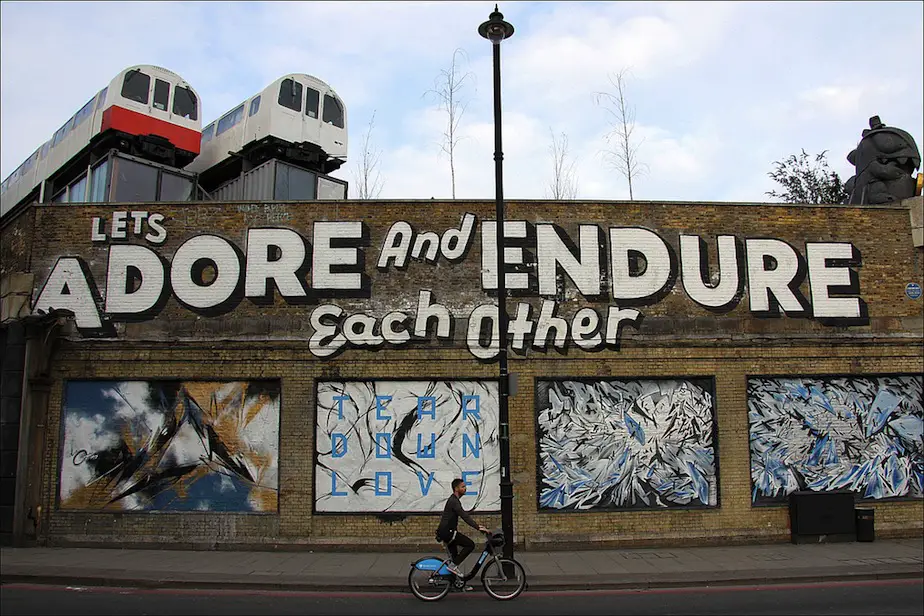Autonomy, Sharing and Involvement: Three Big Ideas to Transform Cities
What needs to happen to our cities to help us navigate towards a more sustainable, better tomorrow? This is the question we’re asking at Friends of the Earth as we kick off our Big Ideas Change the World project. We’ve got three fledgling Big Ideas for cities – autonomy (more power at the city level), sharing, and increased grassroots democracy and involvement – but we want people to test and challenge these.
Autonomy
We talked to former London mayor, Ken Livingstone about the ability of city authorities to get things done. He told us that power has gradually been stripped away from cities and local government in the UK. In the past “unless there was a law forbidding you from doing something a council could do anything that it could raise the funds for.”
Livingstone suggested that cities have the potential to really bring about change: “A concentration of 8 million people gives you the chance to make massive improvements. You can generate energy locally, and do it very efficiently. You’ve got a scale of population where everything can be recycled easily.”
Professor Harriet Bulkeley and her colleagues from Durham University argue there are four forms of urban autonomy of which, broadly speaking, two are good and two are bad. The bad ones are:
- When nation states give cities powers but starve them of resources, while depriving them of financial power and preventing them from raising the cash themselves.
- When autonomy is handed to elites, cutting out the voice and influence of the poorest in society. She cites Delhi’s Bhagidari programme which has devolved power to Resident Welfare Associations. Members pay regular charges, allowing services such as waste management, security, and parks to be improved. But the growing political power of these associations has excluded the voice of the poorest living in informal settlements without tenure. Similarly, in Victorian England, when the property-owning classes ruled the roost, the conditions for the poorest were appalling.
She says good examples of autonomy are:
- Networked autonomy – where areas or groups have power and work with others to enhance well-being for all. An example is the informal economy created by waste-pickers near Mumbai. By working together, supported by the municipality and unions, they’ve transformed their livelihoods and created far safer working conditions. The Slum/Shack Dwellers Initiative has extended this joint approach to an international level, sharing knowledge and experience to drive campaigns for better housing and services. The C40 cities initiative, set up by Ken Livingstone, is a third example, with city authorities sharing knowledge and driving carbon reductions even where national support for such measures is lacking.
- Distributed autonomy – where power is devolved in a coordinated, planned fashion. Bulkeley gives the example of participatory budgeting in Porto Alegre, Brazil, where communities have been given the financial skills and knowledge to get involved in determining local budgets. This has resulted in a reversal of priorities: primary health care was set up in poor areas, the number of schools and nursery schools was increased, and most households got access to water and waste-water systems.
Friends of the Earth thinks increased autonomy for cities is likely to be critical for the future, as will cities networking to drive change. We are asking what do you think about increasing the power of cities, what powers should be devolved, and why? We are also asking, will cities be more important to shaping the future than national governments?
Sharing
Drawing on the growth of sharing, as highlighted by sharable.net we see a future where sharing is common. Sharing green space, sharing cars & bikes, sharing office space, sharing tools, sharing assets such as energy generation are all great opportunities. Using the growth of digital sharing can enable significant improvements in resource efficiency as well as help generate social networks.
But sharing can go beyond things. Sharing finances through crowd-source funding and micro-finance is also a growing movement. And good democracy is all about sharing power, which leads us on to the third intervention, increasing people’s involvement in their city and in decision making.
Involvement
The Education philosopher Paolo Freire said: “Education either functions as an instrument which is used to facilitate integration of the younger generation into the logic of the present system and bring about conformity or it becomes the practice of freedom, the means by which men and women deal critically and creatively with reality and discover how to participate in the transformation of their world.”
If cities are truly going to transform themselves we need citizens equipped and enabled to take part in shaping the city. Education for grassroots involvement and democracy is our third Big Idea.
Friends of the Earth’s Big Ideas Change the World project is dedicated to exploring and developing these ideas. We hope that others will join in the conversation and collaborate in creating a vision for a better tomorrow.
Mike Childs is project leader for Friends of the Earth’s Big Ideas Change the World project.


